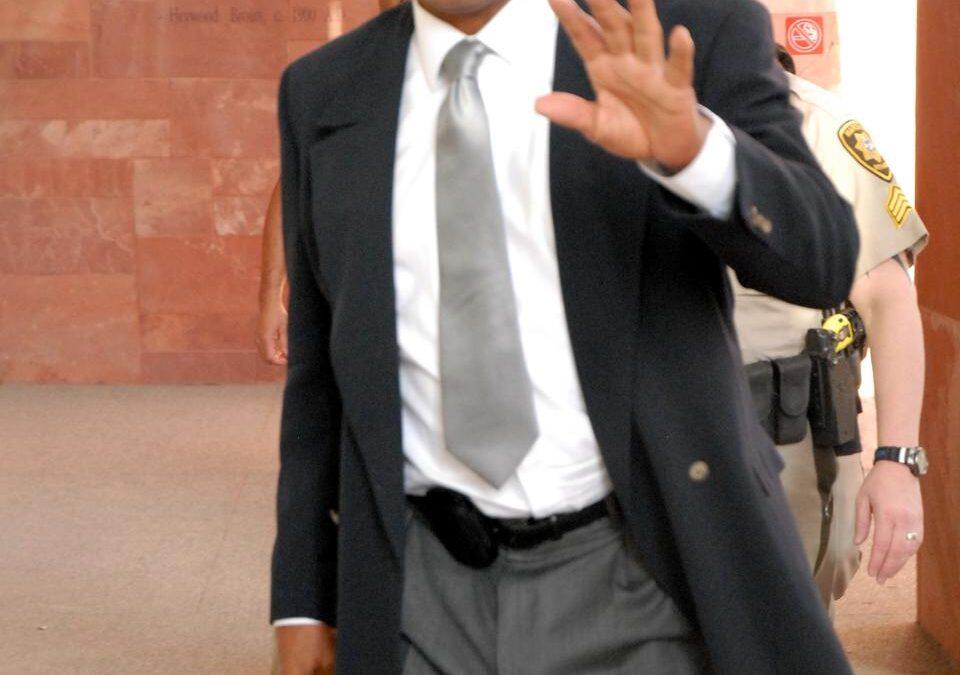Probably no other celebrity athlete will ever be in the same exact situation as O.J. Simpson – 70 years old asking for parole after a conviction for robbery, kidnapping, and conspiracy, some 23 years after one of the most sensationalized murder acquittals in American history.
But well over half of NBA and NFL players file for bankruptcy protection within 5 years of retirement. Many will have diagnosed or undiagnosed brain injuries that prevent or hamper employment, and increase depression, mood swings, and bad judgement. And bad judgment is what Simpson admitted as a cause for his botched attempt to reclaim intimate family photos and other memorabilia. Many players may face a near-perfect storm in a similar setting – a desperate need for money and a misguided attempt to retrieve it, especially since the property involves his own name, image and likeness.
Some former athletes have also lived in a cocoon of celebrity, fighting the demons of being self-absorbed. That can lead to a failure to be humble, to understand the role of contrition and remorse. Those character attributes are important when begging a judge, jury, or a parole board for forgiveness. We know crimes by former athletes defrocked from fame occur in greater number than we would like. So a version of these circumstances and lessons therefrom is not far-fetched. If convicted, instead of saying, “I’m not the bad guy, somebody else was,” the more strategic verse is “Yes, I was the bad guy, but I am not any more because…”
If athletes are paying careful attention to Simpson’s own statements, a celeb since he was 19, they should notice that he essentially attempted to be his own counsel and re-litigate the trial he lost. Instead, athletes should follow the advice of counsel to be humble, contrite, and remorseful. That is a Simpson mistake no similarly situated player should replicate.
For example, Simpson’s underlying theme throughout the hearing was that his “security” team held the guns, and perpetrated the violence, not him. Simpson repeatedly admitted the error of bad judgment in bringing thugs with him. But Simpson risked a parole board perception that he failed to take responsibility for his orchestration of the events that led to his conviction. There was a conspiracy count, so he did not have to hold a gun to be guilty. Additionally, Simpson did not testify during the robbery trial. The jury heard other testimony not so favorable. Simpson and players facing a parole hearing should remember the Board is looking at his character, and admission of the full extent of his errors. How else can one assess whether he is a risk for repeating his errors unless they appreciate the gravity and full extent of those errors.
Simpson was successful at the parole hearing. But other former stars should not be confused. Simpson had the advantage of (1) a sentence that was extraordinarily long (9.5 to 33 years for what CNN commentator Mark Geragos said is typically a one-year sentence), (2) both victims apparently being at peace with parole, (3) and incident-free actions during incarceration. Future players are not likely to have all those advantages.
Instead, athletes should focus on the strategy of humility, contrition, and remorse. More importantly, they should avoid appearing delusional about their own sordid history if one exists. Even ignoring the murder trial, Simpson still had the conviction for domestic violence, after multiple 911 calls from his then-wife. Yet Simpson’s opening statement included his self-assessment that he basically led a “conflict-free” life.
Source: http://bit.ly/2uFdOr2











